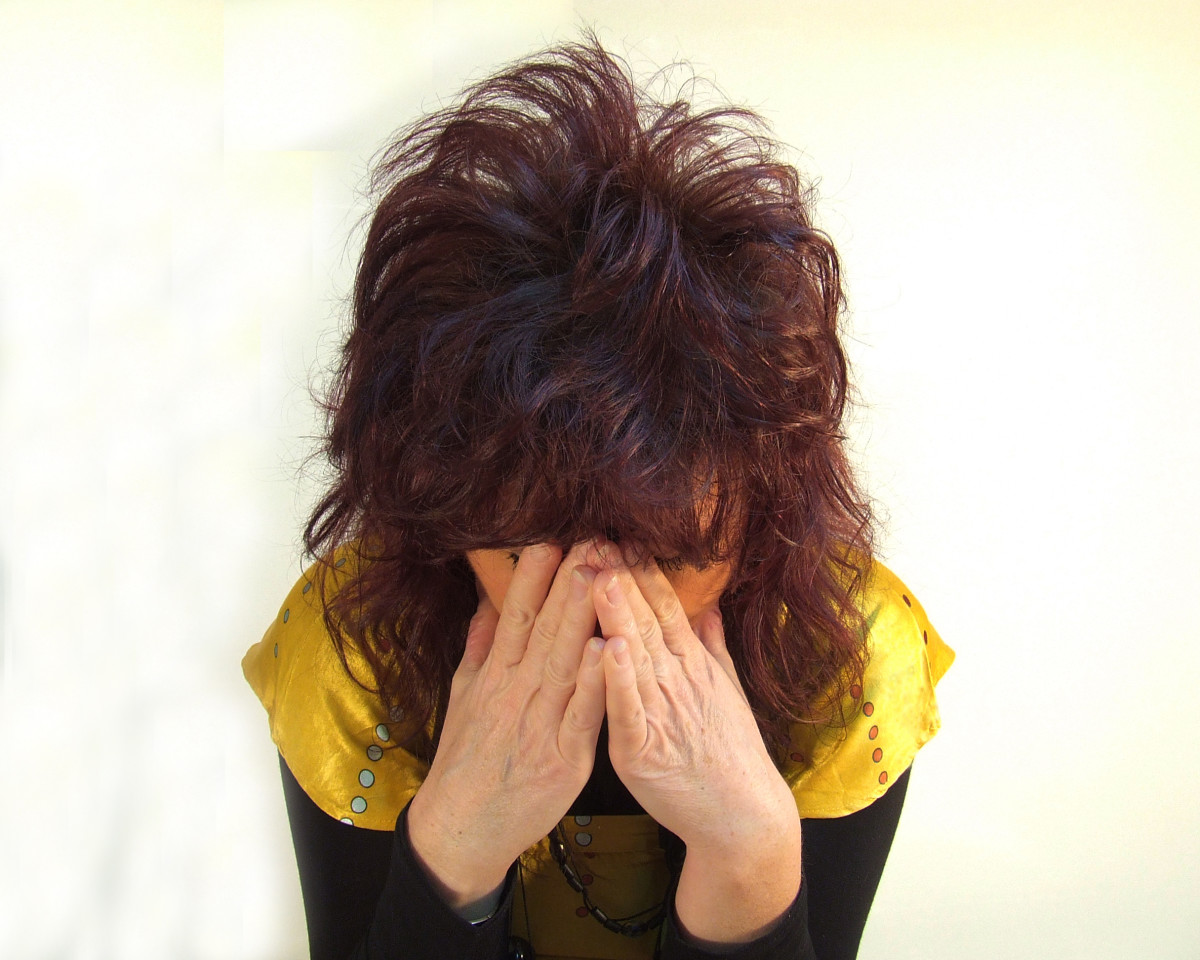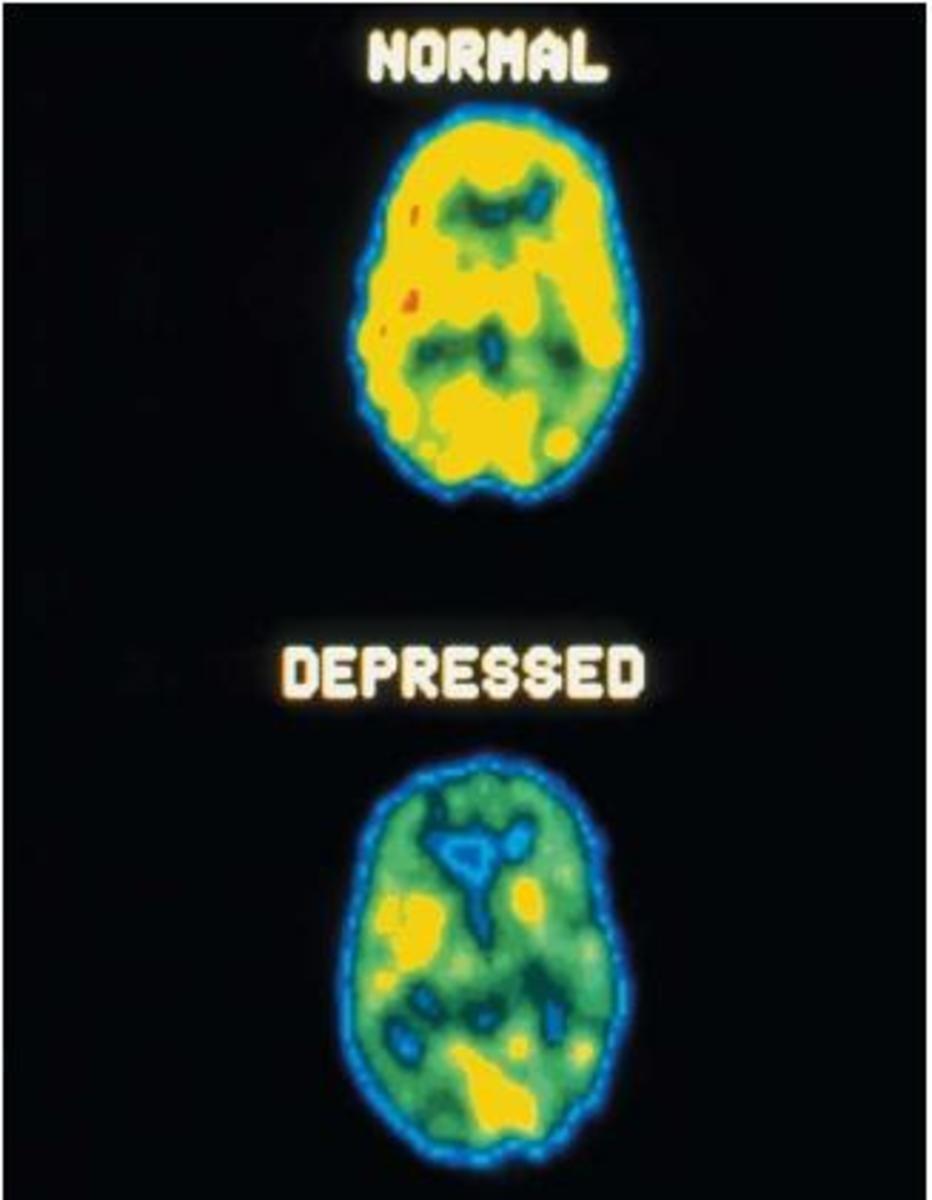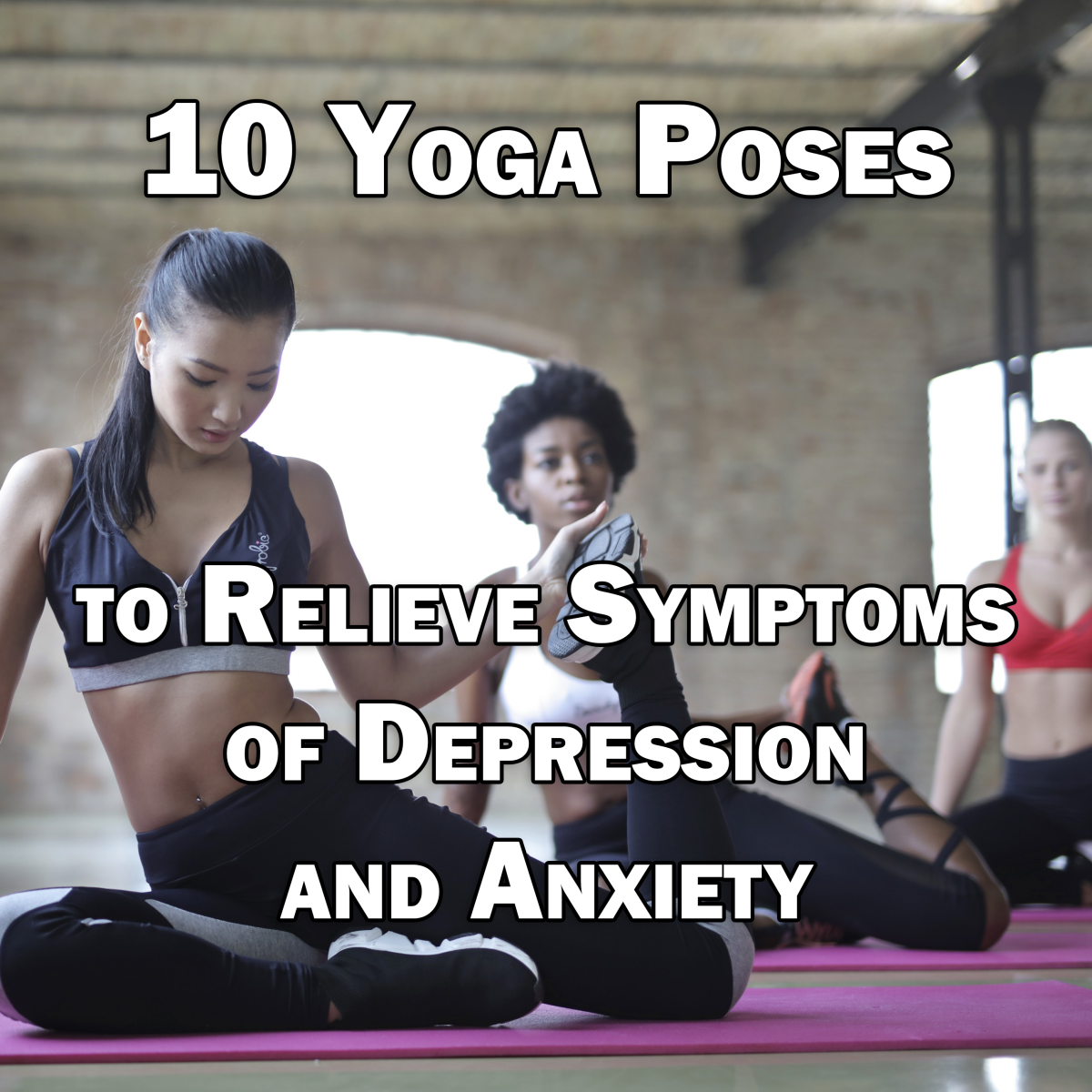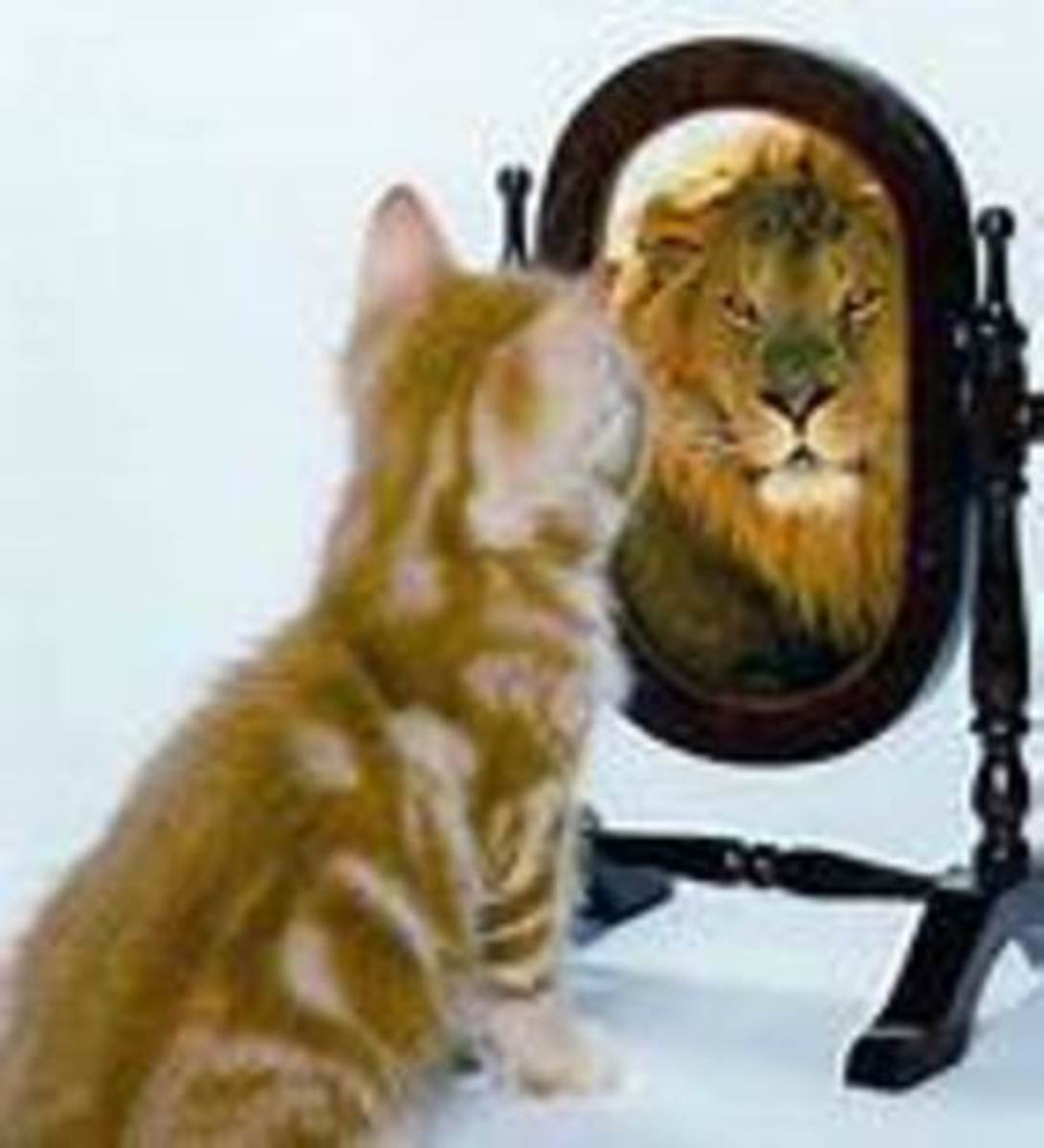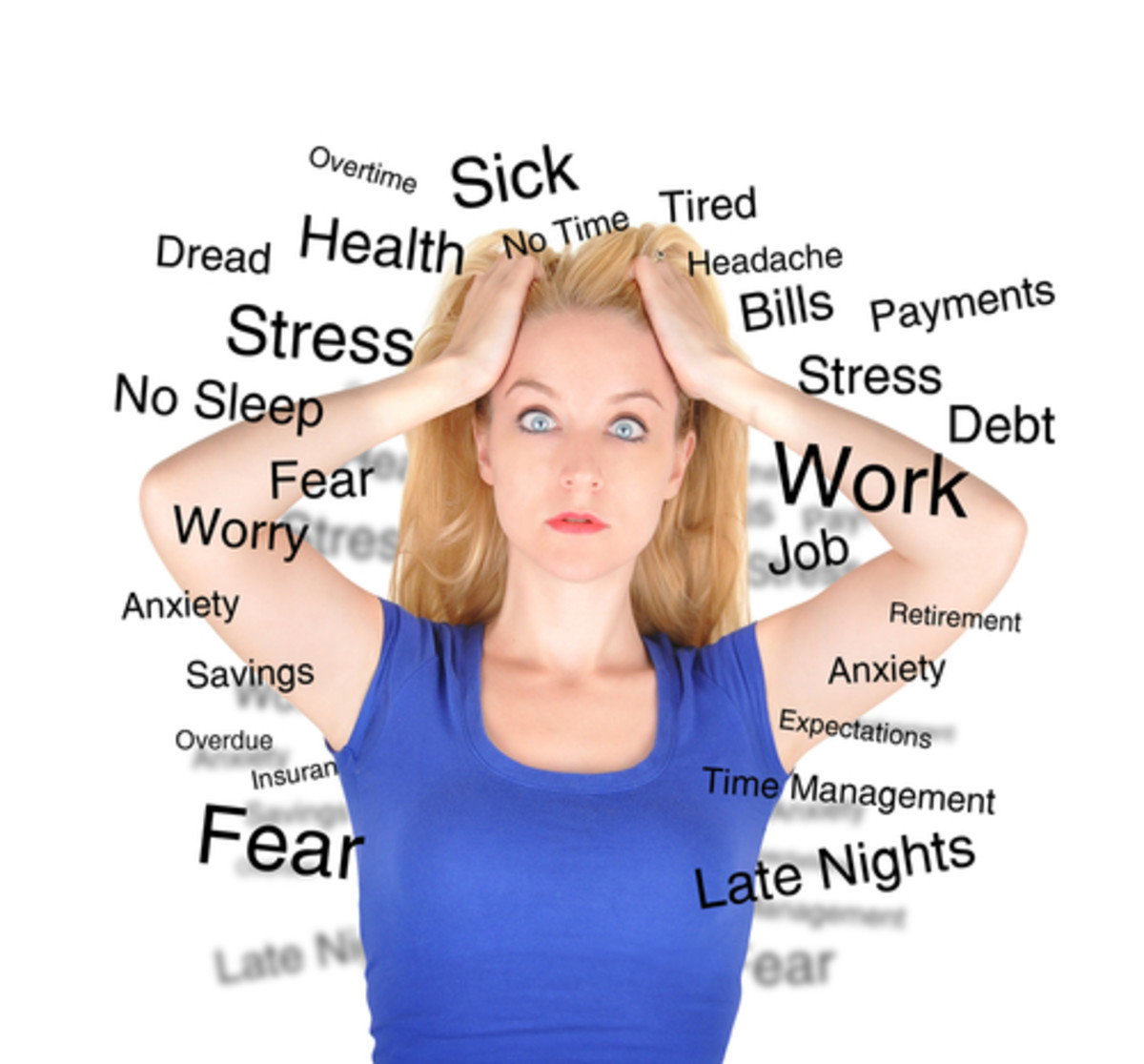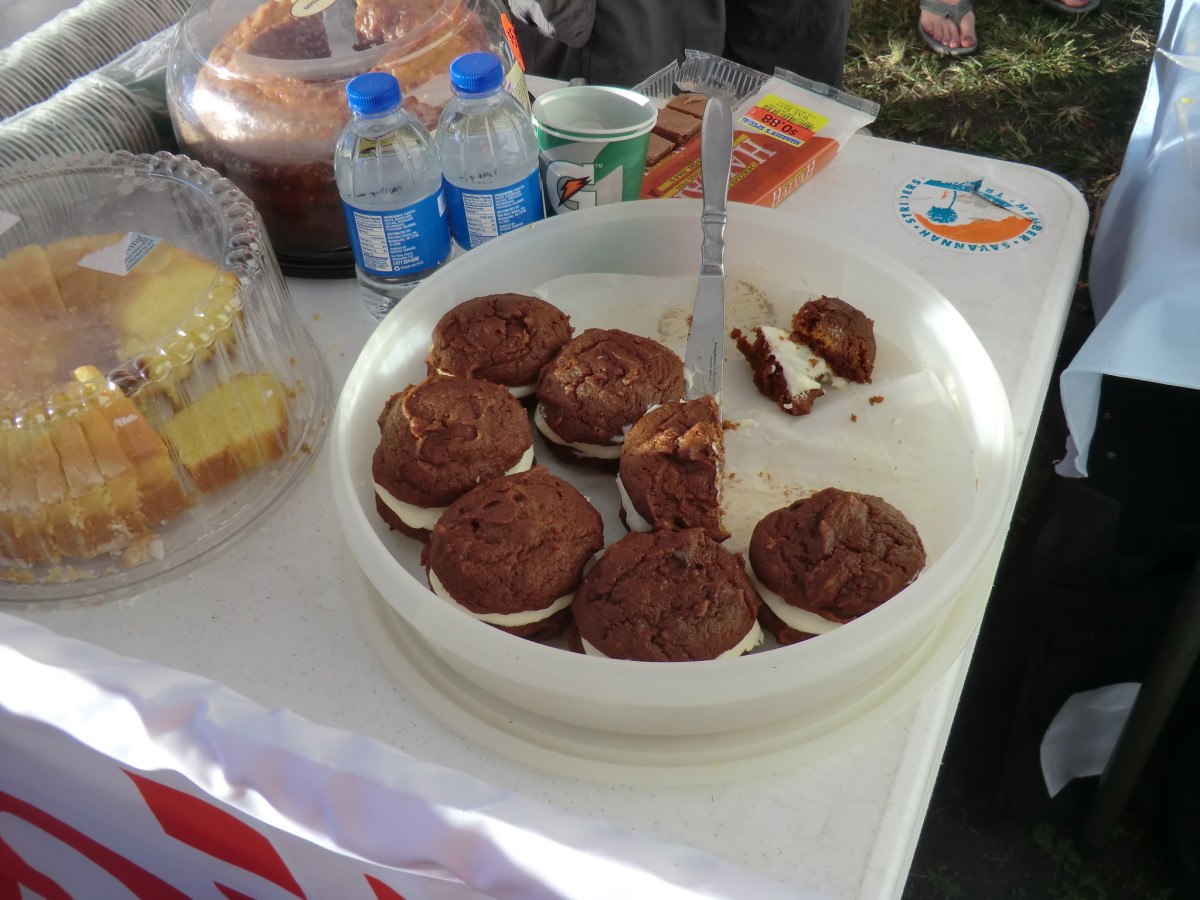- HubPages»
- Health»
- Mental Health»
- Stress Management
Depression: Causes and Holistic Treatments

Introduction
Depression, including anxiety affects one in five Americans aged
eighteen and older each year and is fast becoming the most common medical problem in the United States alone [1]. It can affect both old and the young and is twice as common in women than men [1].
Depression affects the whole body including physical body itself, nervous system, moods, thoughts, behaviour [1]. Depression affects the way we eat and sleep, the way one feels about themselves and the way one reacts and thinks about the people around them [1]. Symptoms can last for weeks, months or years [1].
There are many types of depression, all varying in the number of symptoms, the severity and persistence [1]. People with depression often hide and withdraw from people and society. They lose interest in things around them and are incapable of experiencing pleasure [1].
A recent U.S study based on the Women's health initiative shows that depressed women had a 50% greater chance of dying of a heart attack and 30% higher chance of dying from other causes than non- depressed women and this was in spite of the fact that the depression was mild or moderate and was being treated [1].
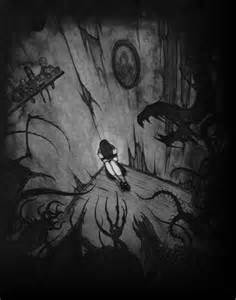
Symptoms of depression include [1] :
-
Chronic fatigue
-
Sleep disturbances (either insomnia or excessive sleeping)
-
Appetite changes
-
Headaches
-
Backaches
-
Digestive disorders
-
Restlessness
-
Irritability
-
Quick to anger
-
Loss of interest or pleasure in hobbies
-
Feelings of worthlessness or inadequacy
-
Many think of death and consider suicide
-
Things appear bleak and time seems to pass slowly
-
May be chronically angry or irritable, sad and despairing or display little to no emotion
-
Some try to "sleep off" depression or do nothing but sit or lie around

Causes/Aetiology [1]:
-
Increased risk in older adults with hardening of arteries/atherosclerosis (suggesting link between vascular factors such as hardening of arteries or calcium deposits in the blood vessels to late life depression)
-
Causes are not fully understood but are many and varied
-
Can be triggered by tension, stress, a traumatic life event, a hyper-stimulated immune system, chemical imbalances in the brain, thyroid disorders, nutritional deficiencies, poor diet, the consumption of sugar, mononucleosis, lack of exercise, endometriosis, any serious physical disorder or allergies
-
One of the most common cause is food allergies. Another common cause is hypoglycemia
-
Hereditary factor; in up to 50% of people who suffer recurrent depression episodes, one or both parents also experienced depression
-
Medications like steroids and oral contraceptives which may cause serotonin levels in the brain to drop
3 Main Types of Clinical Depression [1]:
-
Major depressive disorder
-
Dysthmic disorder
-
A chronic but less severe type of depression
-
Unlike major depressive disorder, it does not strike in discrete episodes but is characterized by milder, persistent symptoms that may last for years
-
Though it does not usually interfere with everyday tasks, sufferers of this type rarely feel like they are functioning at their full capacities
-
Bipolar depression (the depressive phase of bipolar disorder)
-
These disorders usually begin with depression but as they progress, they involve alternating episodes of depression and mania (characterized by abnormally and persistently elevated mood, energy, restlessness or irritability)
-
Commonly known as manic depression
-
Other mania symptoms include: over-inflated self esteem, a decreased need for sleep, increased talkativeness, racing thoughts, distractibility, physical agitation and excessive risk-taking)
-
Within these three types, there are variations in the number of associated symptoms, their severity and persistence

Diagnosis
It may be possible to diagnose depression by using computerised tomography (CAT) scan to measure a person's adrenal glands [1]. Research at Duke University found that people who suffer from clinical depression have larger adrenal glands than non-depressed people [1].
Other studies have shown that people who suffer from depression were found to have lower than normal levels of folic acid in their blood than non-depressed people and some other studies have shown that there is a significantly lower than normal Zinc levels than normal [1].
Most laboratory tests are not very helpful when it comes to diagnosing depression. In fact, talking with the patient may be the most important diagnostic tool the doctor has [2].
To effectively diagnose and treat depression, the doctor must hear about specific symptoms of depression. While a physical examination will reveal a patient's overall state of health, it is through talking with a patient where a doctor can learn about other things that are relevant to making a depression diagnosis. A patient, for example, can report on such things as daily moods, behaviors, and lifestyle habits [2].
A depression diagnosis is often hard to make as clinical depression can manifest in so many different ways [2]. For example, some clinically depressed individuals seem to withdraw into a state of apathy whereas others may become irritable or even agitated [2]. Eating and sleeping patterns can also be exaggerated. Clinical depression may cause a person either to sleep or eat to excess or almost eliminate those activities [2].
There may also be minimalobservable or behavioral symptoms of clinical depression despite a person experiencing profound inner turmoil [2]. Depression can be an all-encompassing disorder, and affects a person's body, feelings, thoughts, and behaviors in varying ways [2].
A doctor can rule out other conditions that may cause depression with a physical examination, personal interview, and lab tests [2]. The doctor will also conduct a complete diagnostic evaluation and discuss any family history of depression or other mental illness [2]. Your doctor will evaluate your symptoms, including duration or length of symptoms, when they began and how they were treated. The doctor will ask questions about the way you feel, including whether you have any symptoms of depression such as the following [2]:
-
Sadness or depressed mood most of the day or almost every day
-
Loss of enjoyment in things that were once pleasurable
-
Major change in weight (gain or loss of more than 5% of weight within a month) or appetite
-
Insomnia or excessive sleep almost every day
-
Physical restlessness or sense of being rundown that is noticeable by others
-
Fatigue or loss of energy almost every day
-
Feelings of hopelessness or worthlessness or excessive guilt almost every day
-
Problems with concentration or making decisions almost every day
-
Recurring thoughts of death or suicide, suicide plan, or suicide attempt
Case study
30 year old Female who has been experiencing :
*low mood, fatigue and restlessness though excessively sleeping
*has insomnia and failing memory
*Has feelings of worthlessness and deriving less or no joy in usual hobbies
*Problems concentrating at work
*Have been losing weight over the last few months due to lack of appetite and low mood
*Gets ill often
She is reluctant to use conventional antidepressants due to their side effect profile which can cause weight gain and also sexual dysfunction.
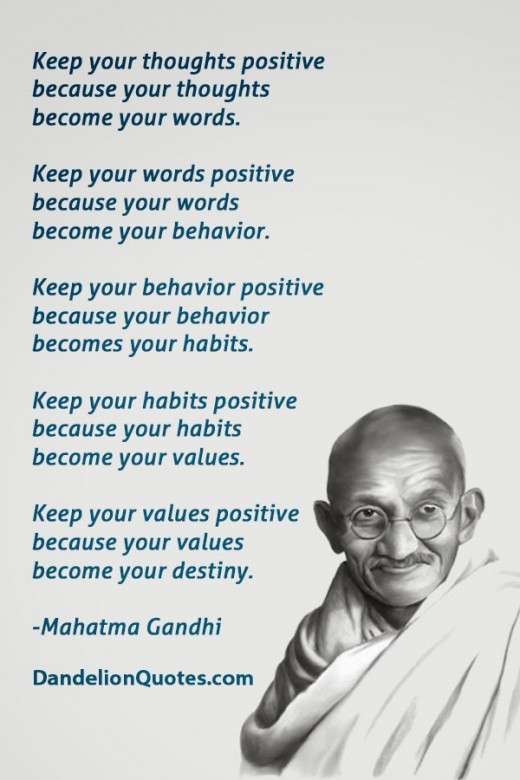
TREATMENTS[1] :
Conventional
-
SSRIs antidepressants increase activity of serotonin (citalopram, escitalopram, fluoxetine, sertraline, paroxetine) which elevate serotonin levels to improve mood, some side effects include weight gain, sexual dysfunction, may increase suicidal thinking, gastrointestinal issues, risk of life threatening serotonin syndrome where serotonin levels get too high by the combination of SSRIs or SNRIs with the anti-migraine medication known as the triptans (marked by agitation, hallucinations, elevated body temperature, rapid changes in blood pressure)
-
SNRIs (serotonin and noradrenaline reuptake inhibitors) like Efexor and Cymbalta; increase serotonin and noradrenaline levels by inhibiting their reabsorption/ reuptake into brain cells
-
Tricyclic antidepressants (amitryptiline, clomipramine, desipramine, doxepin, imipramine, nortryptiline, trimipramine), may cause cardiovascular complications and other side effects like blurred vision, constipation, dry mouth, irregular heartbeat, urine retention and orthostatic hypotension which is a severe drop in blood pressure upon sitting up or standing (which can lead to dizziness, falls and fractures), inhibit reuptake of neurotransmitters serotonin, noradrenaline and dopamine thus making more of the mood enhancing chemical messengers available to nerve cells
-
Tetracyclic antidepressants (mirtazapine, maprotiline), action similar to tricyclics with different chemical structure, appear to cause fewer side effects
-
Monoamine oxidase inhibitors (phenelzine, tranylcypromine), have to avoid high tyramine foods while on this medication, increase amounts of mood enhancing neurotransmitters in the brain, possible side effects include agitation, elevated blood pressure, overstimulation and changes in heart rate and rhythm
-
Bupropion, inhibit dopamine uptake but not serotonin or noradrenaline
-
All antidepressants have been associated with potentially dangerous interactions with other medicines
-
Light therapy
A story about the importance of positivity

Natural (Herbs and Nutritional), Dietary and Lifestyle Factors
-
Eat a diet which includes plenty of raw fruits and vegetables, with soybeans and soy products, wholegrains, seeds, nuts, brown rice, millet and legumes. A diet too low in complex carbohydrates can deplete serotonin levels and cause depression
-
Consume more complex carbohydrates if you are nervous and want to become more relaxed
-
For increased alertness, eat protein meals containing essential fatty acids especially thr omega 3 fatty acids (some examples are salmon and white fish) with EPA versus DHA being the one that is protective against depression
-
Lift your spirits by eating turkey and salmon which are high in tryptophan and protein
-
Avoid diet sodas and other products containing aspartame as this can block the formation of serotonin and cause headaches, insomnia and depression
-
Limit intake of supplements containing the amino acid phenylalanine as it contains phenol which is highly allergenic. It is one of the major components of aspartame
-
Avoid foods high in saturated fats and all forms of sugar including the normally 'good' sweeteners such as molasses, honey and fruit juices as the body reacts more quickly to the presence of sugar and simple carbohydrates which lead to increase in energy which is quickly followed by fatigue and depression
-
Avoid alcohol, caffeine and processed foods
-
Keep your mind active and get enough rest and regular exercise
-
Learn to recognise and re route negative thinking patterns and seek qualified cognitive professional therapy to change ingrained habits
-
Seasonal depression can be helped with light therapy
-
Address hypothyroid conditions
-
Color therapy
-
Music
-
Nutrients[1]:
-
She will benefit from taking a high B complex and Multivitamin which will help with energy levels, digestion, appetite and the nervous system. Include a Multivitamin with at least 5mg Iron included. May need to check if anaemic too as this will warrant the need for 1 tzblet daily of FGF which has both ifon and folic acid. Supplementing with Zinc 50mg daily will also assist with depression, immune system and help with insomnia [1].
-
Essential fatty acids (salmon oil, flaxseed oil or evening primrose oil), aid in transmission of nerve impulses and required for normal brain function, taken as diceted on label with meals
-
5-hydroxytryptophan, increases the body's production of serotonin, should not be used with other antiddpressants, taken as directed on label
-
L-tyrosine, up to 50mg per pound of bodyweight daily taken on an empty stomach at bedtime with 50mg Vitamin B6 and 100 to 500mg Vitamin C for better absorption, alleviates stress by boosting adrenaline production, raises dopamine levels which influences moods (avoid taking with MAO inhibitor drugs); is needed for brain function
-
S-adenosylmethionine (SAMe), taken as directed on label, works as an antidepressant (avoid in bipolar and if taking antidepressants. Avoid in children less than twelve years old)
-
Sub-Adrene from American biologics, take as directed on label, dietary supplement for adrenal support
-
Taurine Plus (best to use sublingual form) , as directed on label, important antioxidant and immune regulator, necessary for white blood cell activation and neurological function
-
Vitamin B complex injections, 2cc once weekly or as prescribed by your physician, B vitamins are required for normal functioning of brain and nervous system (injections are recommended under doctor's supervision if depression is severe) plus 0.5cc Vitamin B6 injection once weekly or as prescribed (may help lift depression), 1cc Vitamin B12 once weekly or as prescribed
-
Or Vitamin B complex as directed on label plus 500mg daily of Vitamin B5 (most potent anti stress vitamin) and Vitamin B6 50mg three times daily plus Vitamin B3 50mg three times daily (improve cerebral circulation, avoid niacin if one has a liver disorder, gout or high blood pressure), Vitamin B12 1 to 2 g daily and 400mcg Folic acid daily (as found to be deficient in depression)
-
Zinc 50mg daily (maximum 100mg daily from all supplements), found to be deficient in depression, use zinc gluconate lozenges or Optizinc for better absorption
-
Selenium 200mcg to 400mcg daily to elevate mood and decrease anxiety
References
1) Phyllis A. Balch, Prescription for nutritional healing, Fifth edition, Penguin publishing, New York 2010
2)Depression diagnosis, http://www.webmd.com/depression/guide/depression-diagnosis





